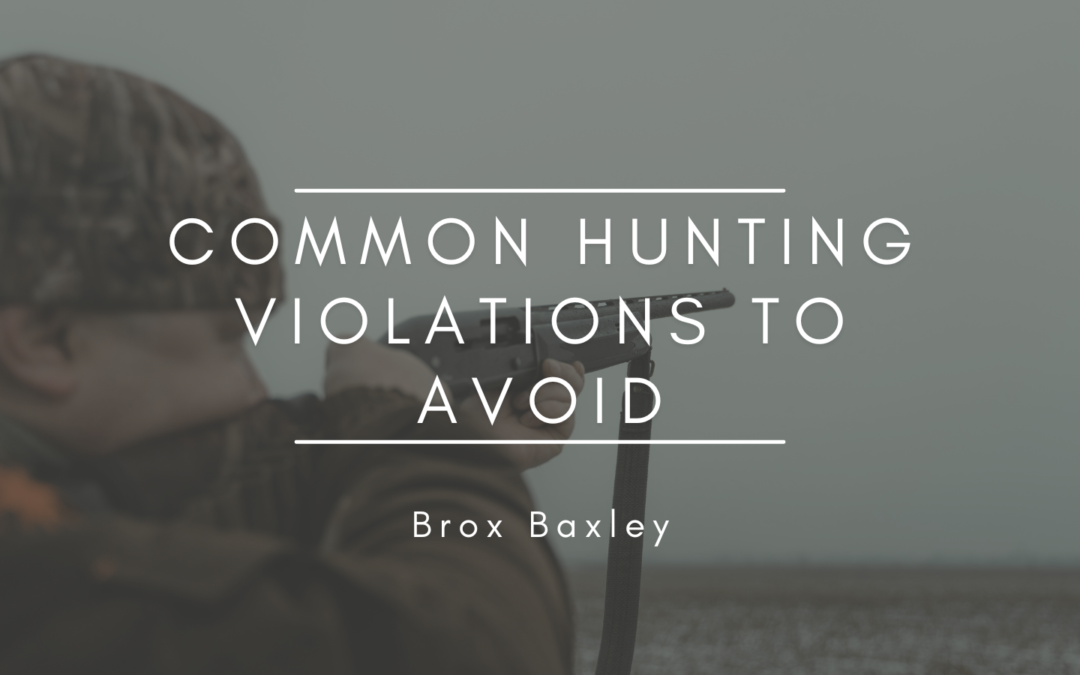Unfortunately, many well-intentioned people get into trouble with the local game warden. These instances are usually avoided if the person follows good hunting and fishing rules. The violations of wildlife laws can be categorized into two categories: unintentional and intentional. The former occurs when people commit unintentional breaches, such as misidentification or a mistake. The other kind of intentional violation is committed by people intentionally trying to take wildlife. This can lead to a criminal offense.
We will be focusing on unintentional violations, as most of the time, hunters and fishermen are honest and law-abiding individuals. However, sometimes, accidents happen, and people make mistakes. If you commit an error, it’s important to admit it and get the help of a game warden. Doing so can reduce the penalties and make the experience with the local game warden more favorable.
Shooting from a Vehicle or Roadway
Although we often see deer standing off the road during hunting season, it is still not allowed in most states to fire a weapon if the vehicle’s engine is running. This includes boats, cars, and trucks. Another common violation that hunters commit is transporting loaded guns in a car.
Shooting Outside of Designated Hunting Hours
In most states, daylight hunting is allowed on weekends and during certain hours. This common-sense law aims to prevent fatal accidents and misidentification. It’s also essential to wear a watch and check the regulations booklet for the legal hunting hours.
Removing Evidence of Species
When hunting waterbirds and upland birds, hunters must follow the bag limits for each species. Doing so can avoid getting in trouble if they transport feathered birds that have been skinned. If you’re planning on hunting a deer in an area where it’s illegal to shoot a mule deer, you should also provide evidence of its species by leaving its tail, head, and other identifying marks on the animal. Another common violation of this rule is fishing without proper evidence.
Not Validating a Tag
All hunting licenses must be signed and dated to be valid. Also, specific tags, such as those for big game animals, must be “notched” or validated. After killing an animal, you must immediately sign and date the tag to ensure it’s real. In some states, hunters have also been required to check their animals by phone, online, or in person. This is because if a game warden sees an unvalidated tag, it’s natural for them to suspect that the person who killed the animal is not following the proper regulations.
Trespassing
Sometimes, fence jumpers are apprehended by law enforcers during hunting season. This is because they cannot resist the temptation to cross the boundary. It’s also possible for an honest hunter to accidentally get turned around and get in trouble. Even if you’re not aware of where you are, game wardens and landowners will still take action if you’re caught trespassing. This is because even if you didn’t see a sign prohibiting trespassing, you still have to follow the rules. With the availability of GPS technology, it’s now easier to track where you are while hunting. Having a smartphone app that shows the exact location of your location can help prevent getting in trouble.

